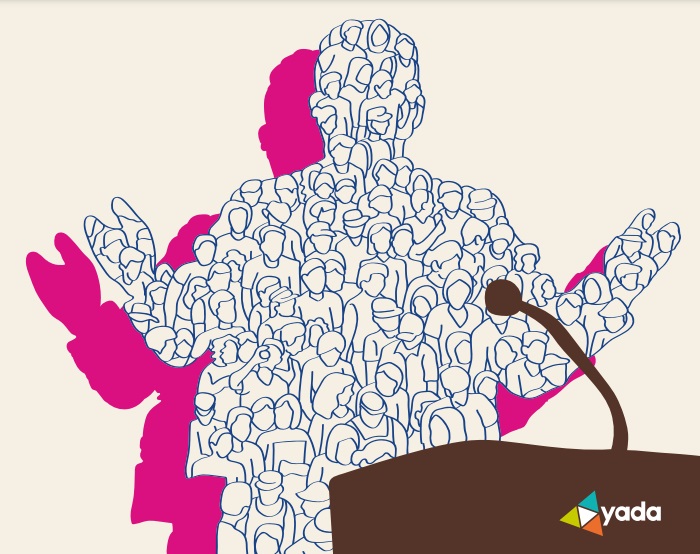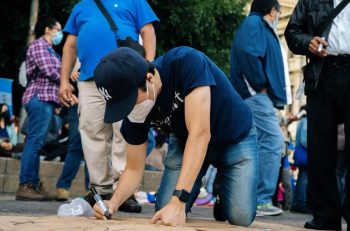‘The Relationship of Civil Society with Politics and Decision Mechanism’ by YADA Foundation
Civil Society and Politics Do Not Know Each Other Enough

YADA Foundation's Civil Society-Political Relations research emphasizes that politics and civil society do not know each other well enough and points out that politics tends to see civil society only as the demanding party. One of the findings of the research is that the shrinkage in the field of politics reduces social impact.
YADA Foundation, which carries out a series of studies to make civil society in Turkey more effective on decisions and opinions, has added a new one to its studies. “The Relationship of Civil Society with Politics and Decision Mechanisms” conducted by YADA Foundation in 2021 was carried out to examine the current status of the dialogue, relations, and cooperation between civil society and politics in Turkey, and to identify gaps and needs in this field. Research was conducted with a methodology in which quantitative and qualitative methods were used together, through a desk study, an online survey applied to civil society, and in-depth interviews. Findings and determinations in the report are mostly based on the in-depth interviews which were conducted with representatives of civil society, politicians (MPs, mayors, ministerial representatives), opinion leaders from academia and the media. The outputs of the research, including suggestions in response to the question “How can the relationship between civil society and politics be effective in Turkey?”, aim to contribute to the increase of the influence of civil society on decisions and opinions in the medium and long term.
‘Politics and Civil Society do not Know Each Other Well Enough’
One of the most important outputs of the research is to show that politics and civil society do not know each other well enough. While defining civil society and its function, political actors make an assessment through the institutions or visible structures they have interacted with so far. However, politics tends to view civil society only as the demanding party. This causes politicians to distance themselves from civil society. Politicians generally either deal with the dialogue they have established with civil society as they establish with the electorate, or they establish it by coming together in certain conflict areas. When civil society organizations come into contact with politicians, they refrain from appearing engaged in politics and try to establish an equal dialogue with all parties.
‘Politics, Like the Civil Sphere, has Narrowed’
Another important finding that stands out in the research is that the interviewed stakeholders stated that politics, like the civic space, is shrinking. In other words, it is stated that it is getting harder and harder to work in the field of politics. Political parties, like CSOs, have problems in terms of freedom of expression and association, and in many provinces, they cannot go to the streets. This causes the social impact of politics to decrease. It is seen that polarization is experienced not only in the civil sphere but also in the political sphere.
‘If the Autonomy of Civil Society is Ensured, its Relationship With Politics and Decision Mechanisms can be Established in a Healthier Way’
There is strong agreement on the need for civil society to be independent of its resources. There is a prevailing view that civil society can become more independent and impartial if CSOs are financially supported by the public administration in a fair and independent manner. However, it is seen that politicians can become more open to dialogue with an autonomous and independent civil society structure.
Among the solution proposals produced by the research to the question of how an effective dialogue between civil society and politics is possible; the need for a legal regulation on the participation of politics and civil society in decisions comes to the fore. However, civil society is expected to communicate with politicians in a more deliberative language.
‘Civil Society Demands Freedom of Thought and Expression from Politics’
In the research, which also includes suggestions about what civil society can demand from politics; Topics such as ensuring freedom of thought and expression, democratizing the functioning of social justice mechanisms and legal justice mechanisms, ensuring more independent supervision of civil society activities, and preventing the prevention of the activities of non-profit organizations by Law No. 7262, which was adopted under the name of preventing the financing of terrorism.












Bizi Takip Edin